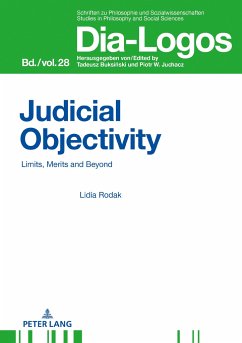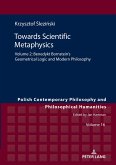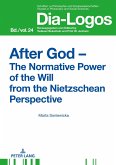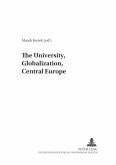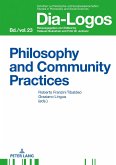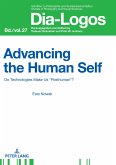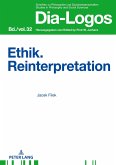The book poses the fundamental question of what objectivity means in practical legal discourse and what is its role. By applying critical discourse analysis to the applications of the term "objectivity" in judicial discourse - based on cases from Poland - the book identifies a rich taxonomy of objectivity's uses that judges make of the concept of objectivity. The main results are that objectivity has a special meaning in the legal discourse based on legal authority, and that a case can be made for a stronger interconnection between objectivity and intersubjectivity. These results challenge the theoretical foundations of the debate on objectivity in the legal discourse and open new perspectives for the justification of this concept in modern societies.
Bitte wählen Sie Ihr Anliegen aus.
Rechnungen
Retourenschein anfordern
Bestellstatus
Storno

